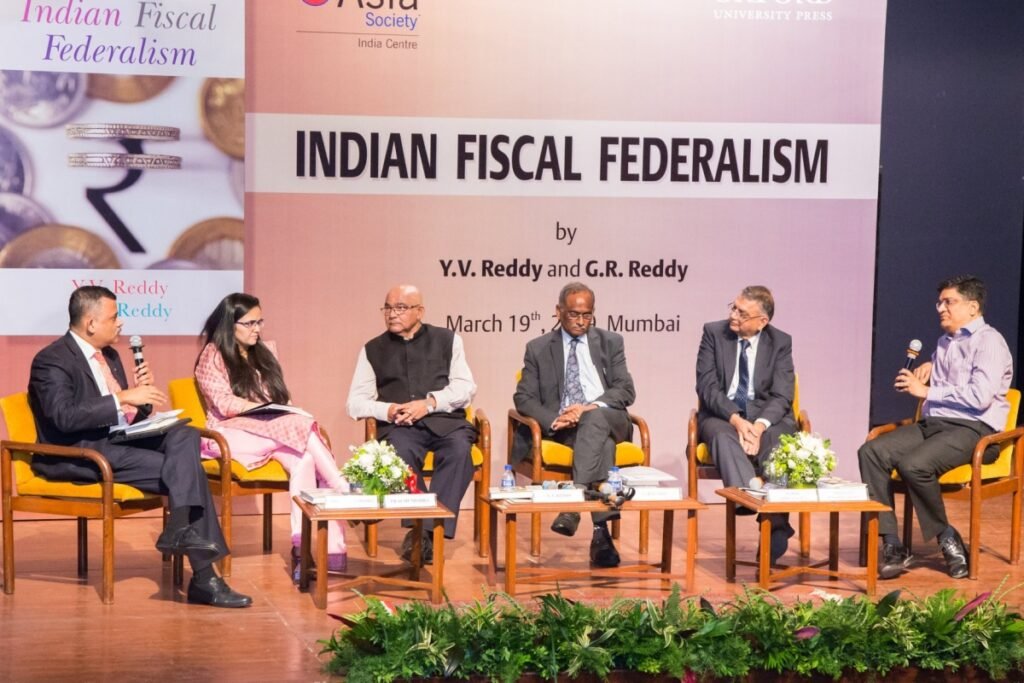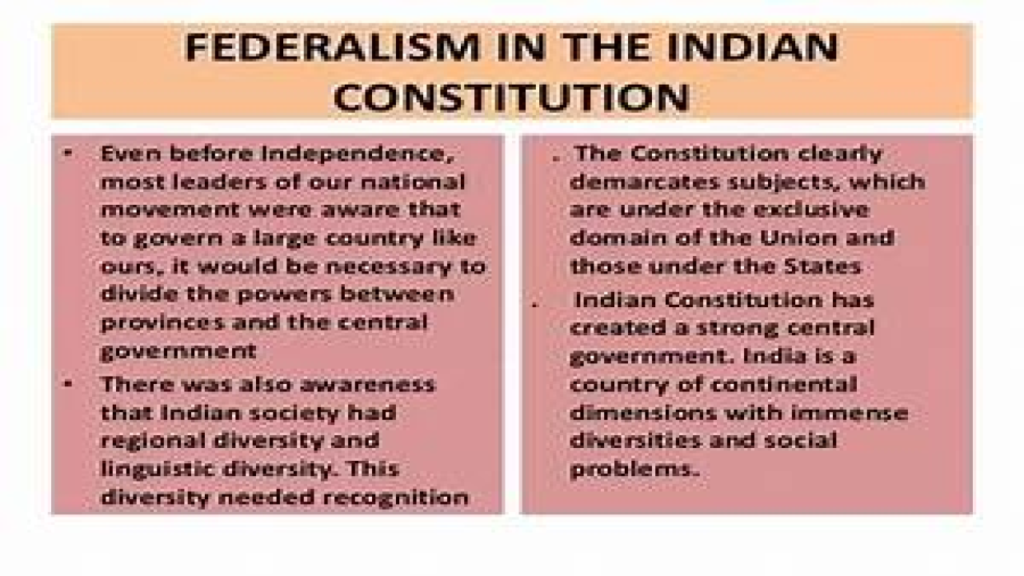Waves of Prosperity: A Decade of Resource Transfer through the Finance Commission (2000-2010)
Introduction:
In the dynamic tapestry of India’s economic landscape, the Finance Commission plays a crucial role in ensuring equitable resource distribution among states. The period from 2000 to 2010 witnessed significant strides in this regard, as the Finance Commission navigated through the challenges and opportunities presented by a rapidly evolving economy.
Economic Growth and Fiscal Federalism:
The dawn of the new millennium brought with it promises of economic growth and development. The Finance Commission, recognizing the diverse needs of states, embarked on a journey to strengthen fiscal federalism. By understanding the unique economic challenges faced by different regions, it aimed to create a framework that fostered balanced growth.
Table of Contents
Vertical and Horizontal Devolution:
The concept of vertical and horizontal devolution became the cornerstone of resource transfer during this period. Vertical devolution involves the distribution of resources between the center and states, while horizontal devolution focuses on sharing resources among states. Striking a delicate balance between these two dimensions became paramount for the Finance Commission.

Tackling Regional Disparities:
India’s vast and varied landscape presented the Finance Commission with the challenge of addressing regional disparities. The commission took innovative measures to ensure that states with lower per capita income received a larger share of resources, thereby fostering inclusivity and reducing economic gaps.
Decentralization and Grassroots Development:
Recognizing the importance of grassroots development, the Finance Commission emphasized decentralization. It encouraged states to allocate a portion of their funds to local bodies, empowering communities and catalyzing development at the grassroots level. This approach not only enhanced local governance but also contributed to the overall progress of the nation.
Resource Allocation for Social Sectors:
The period under consideration witnessed a heightened focus on social sectors such as education, health, and infrastructure. The Finance Commission, cognizant of the role these sectors play in human development, allocated resources strategically to ensure that states could invest in building robust social infrastructure, thereby laying the foundation for a prosperous future.
Addressing Special Circumstances:
India’s federal structure necessitated the Finance Commission to consider special circumstances faced by certain states. Whether dealing with hilly terrains, tribal populations, or other unique challenges, the commission tailored its recommendations to provide targeted support, ensuring that no state was left behind in the journey towards progress.
Challenges Faced and Lessons Learned:
While the Finance Commission made significant strides during this decade, it was not without its challenges. Striking the right balance between states’ autonomy and central control, grappling with changing economic dynamics, and adapting to emerging priorities were hurdles that demanded astute navigation. However, these challenges also offered valuable lessons, shaping subsequent approaches towards resource transfer.
As we reflect on the transfer of resources through the Finance Commission from 2000 to 2010, it becomes evident that the commission played a pivotal role in steering India towards a more equitable and sustainable future. By addressing regional imbalances, promoting decentralization, and prioritizing social sectors, it laid the foundation for inclusive growth. The lessons learned during this period continue to resonate in contemporary fiscal policies, underscoring the enduring importance of a balanced and nuanced approach to resource distribution.
Revealing the Thirteenth Finance Commission Awards (2010-15) in India
In the intricate dance of fiscal policies that shapes India’s economic landscape, the Thirteenth Finance Commission took center stage from 2010 to 2015. This pivotal period witnessed a strategic allocation of resources, aiming to propel the nation towards inclusive growth. Let’s delve into the journey of the Thirteenth Finance Commission Awards and their impact on India’s trajectory during those five years.

Contextualizing Economic Dynamics:
As India found itself at the crossroads of economic evolution, the Thirteenth Finance Commission embarked on a mission to align fiscal policies with the changing dynamics. With a focus on both economic growth and social justice, the commission aimed to navigate the complexities of a diverse nation and catalyze progress.
Decentralization as a Guiding Principle:
The Thirteenth Finance Commission was a torchbearer for decentralization, recognizing the importance of empowering local bodies. By allocating a significant portion of resources directly to states and urging them to further devolve funds to the grassroots level, the commission aimed to enhance governance at the local level, fostering a bottom-up approach to development.
Balancing Act of Fiscal Federalism:
Striking a delicate balance between the center and states, the commission implemented a nuanced approach to fiscal federalism. Recognizing the unique challenges faced by different regions, it sought to ensure that every state received its fair share, fostering an environment where the entire nation could prosper collectively.
Special Category Status:
The Thirteenth Finance Commission addressed the needs of states with special circumstances, such as hilly terrains or tribal populations. By granting special category status to certain states, it acknowledged the additional challenges they faced and tailored resource allocations to provide targeted support, fostering a more inclusive development model.
Focus on Social Sectors:
Building on the foundation laid by its predecessors, the Thirteenth Finance Commission prioritized investments in social sectors. Education, health, and infrastructure received heightened attention, reflecting a commitment to human development. This strategic allocation aimed to create a robust foundation for sustained progress and an improved quality of life for citizens.

Incentivizing Fiscal Discipline:
Recognizing the importance of fiscal discipline for sustainable development, the commission introduced incentives for states that demonstrated prudent financial management. By encouraging responsible fiscal practices, it sought to create an environment conducive to long-term economic stability and growth.
Challenges Faced and Lessons Learned:
The Thirteenth Finance Commission faced its share of challenges, from grappling with the impact of global economic uncertainties to addressing the varied needs of states. However, these challenges served as stepping stones for valuable lessons, shaping subsequent fiscal policies and ensuring a more refined approach to resource allocation.
Conclusion:
As we reflect on the Thirteenth Finance Commission Awards spanning the years 2010 to 2015, it becomes evident that this period played a crucial role in shaping India’s economic trajectory. Through a commitment to decentralization, a nuanced approach to fiscal federalism, and a focus on social sectors, the commission laid the groundwork for inclusive and sustainable growth. The lessons learned during this period continue to echo in contemporary fiscal policies, underscoring the enduring impact of strategic resource allocation in steering a diverse nation towards prosperity.